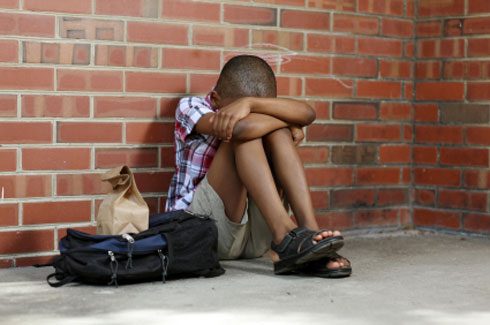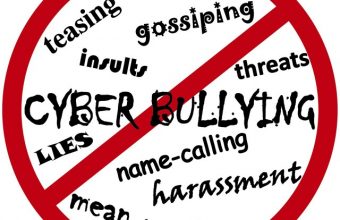How brutal is it to discover just how bad bullying still is? It definitely feels like the issue is worse. It’s perfectly understandable to feel helpless and so important to learn more about how to make systemic changes to humanity that will create lasting change. I know that may leave you feeling a bit lost at what to do in the moment when your child arrives home with tear-stained eyes, so here are some immediate tips for anti-bullying tactics for those who must make a swift plan of action right now.
Anti-Bullying Tactics for When You Learn Your Child Is Being Bullied
- Assure your child that they are NOT to blame. Kids often internalize things, believing they somehow provoked or deserved it.
- Assure your child that you will work with them to make this situation stop and that it is not okay. Inform the other supervising adults of the situation.
- Your parental involvement can be assessed on a case-by-case basis. I have recommended children switching schools immediately in some cases, but we don’t always have to go to the most extreme solutions first.
- A child has the right to walk the halls safely and eat lunch in peace. It should not have to be the child who is being bullied that has to make strategic shifts, leaving the bully to continue with their behaviour. However, every child should know some anti-bullying strategies can actually nip things in the bud.
Anti-Bullying Tactics You Can Teach Your Child
- Explain that countering bullying with retaliation is never effective; it only serves to amplify conflict. Many parents want to teach their kid to ‘stand up’ to a bully, but we know this doesn’t help. (Ed. note: I’m not so sure about that)
- Tell your child to appear unruffled, even though they will feel it inside. The lesson here is to NOT let the bully engage you or get your goat. If you do, they win. Instead, practice peaceful, non-engagement tactics. Try looking at a school book, or root around for something in your locker, look busy — anything to act distracted and uninterested.
- Explain that we all have power in numbers. Bullying tends to happen when the target child is isolated, so be strategic in taking friends with you when you go to the washroom, walk between classes and eat with a group.
- Leave incentives at home. If the bully is stealing your money or taking your hat, don’t bring them to school until the situation improves.
Hopefully, this will nip the attacks in the bud. It’s not the only solution, and if things continue, or worsen quickly, there are more levels of intervention to try. Bullying is so prevalent that every child should at least know these protective tactics so they feel armed to deal with problems should they arise.
Now parents, join your Parent Council and bring your own commitment to making all schools a loving, safe, inclusive environment. It’s a child’s right (both the bully and the bullied) to feel safe at school.
Tagged under: kids,bullying,anti-bullying,bullying awareness week
Category: parenting






